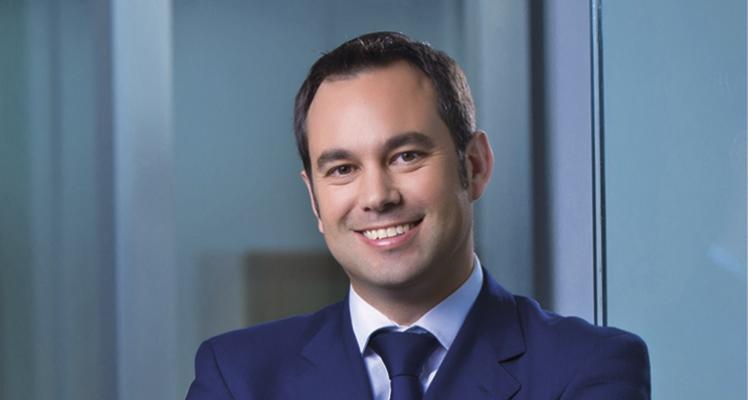
Will COVID-19 speed up green funds revolution?
The pandemic has made everyone face up to their accountability as an individual and what effect we can have on those around us as well as the wider economic climate. Journalists are reporting the positive side effects of the pandemic; pollution free skies over China and fish swimming in the clear blue waters of Venice's canals. Whilst arguably our new found focus on environmental and social well-being will be quickly forgotten once we are permitted to move freely, jumping back on planes and over indulging in all those consumer products we have missed, recent trends would suggest that a world with a more prominent focus on ESG, sustainable investing and green finance was the direction we were heading anyway. Will COVID-19 simply speed up this process?
It has been well documented that the demand for sustainable investing is on the increase and statistics are showing that, not only will that investment give you a "feel good" factor, it may also be more profitable and less risky than comparable investments that do not meet the same ESG criteria. The Global Financial Stability Report released by the IMF in October 2019 found the performance of sustainable funds is comparable to that of conventional equity funds, whilst research by Bloomberg provides that many ESG funds are actually outperforming the market.
Of course, the impact of ESG stretches further than where investors are choosing to put their money, it is also affecting where corporations are willing to take their business. In the funds industry professional service providers are receiving an increasing number of due diligence questions on ESG about their operations, putting pressure on businesses to justify whether or not they are prioritising these factors. The ESI Monitor (The Environmental and Social Impact Monitor) launched by Guernsey entrepreneur Marc Laine at the end of 2019 has been established with the purpose of awarding globally recognised kite marks to show that the business has environmental and social values and commitments. The ESI Monitor provides participating businesses with the ability to verify these traits to their clients and stakeholders using quarterly data on their position within their industry against environmental or social criteria. As this demand for ESG becomes more mainstream, tools for transparency like this will be vital to businesses.
ESG also affects our day-to-day decision making as employees and consumers, we want to work for responsible companies and we also want to buy from them. Our accountability as individuals is becoming increasingly important to us. With evidence showing that this drive towards environmental sustainability and socially responsible investing is being led by the Millennials, their influence will only be amplified over the years as they progress in their careers, receive the transfer of wealth from their parents and become the predominant face of the investor. Thinking further ahead to the generations to come, if Greta is an example of Generation Z, the future will hold even more dramatic change.
Guernsey is now well-placed to help investors easily identify that their money will have a green purpose with the introduction of the Guernsey Green Fund in July 2018 by the GFSC and TISE Green in November 2018. The establishment of a Guernsey Green Fund is now a well-trodden path, with seven funds having been launched to date with a total net asset value of £2.7 billion as of 31 December 2019. Carey Olsen acts for six of the Guernsey Green Funds and most recently assisted True North European Real Estate Partners Limited with the launch of The Forestry Carbon Sequestration Fund in May 2020 which was established due to investor demand to invest in afforestation, reforestation and engage in sustainable forest management activities that increase carbon stocks.
Further strengthening its commitment to the green movement, Guernsey released the Green Private Equity Principles on 1 June 2020, a voluntary guide to best practice for general partners. The aim of the Principles is to guide general partners towards the goal of sustainability and fighting climate change, with a focus on process of investment and the portfolio itself.
Only time will tell whether the pandemic has positively assisted with the shift towards sustainable investing becoming the new normal, but with everything pointed in that direction before 2020 it seems inevitable that this global crisis will push businesses and individuals to rethink their priorities.
An original version of this article was first published by Funds Europe, June 2020.
© Carey Olsen 2020.



